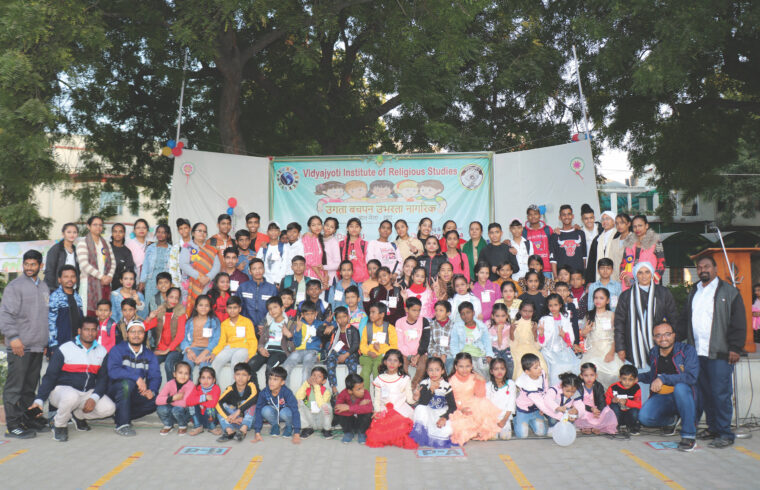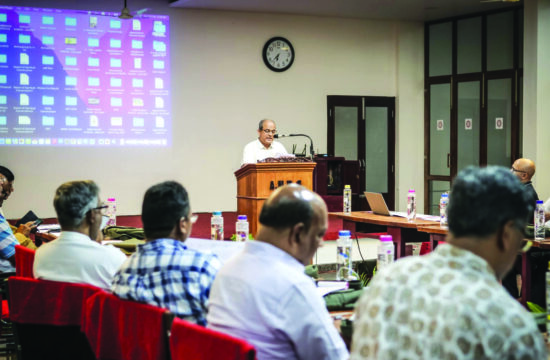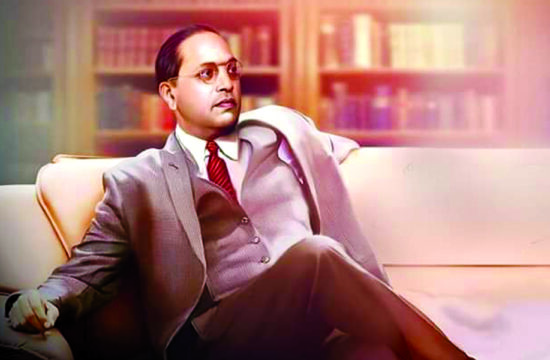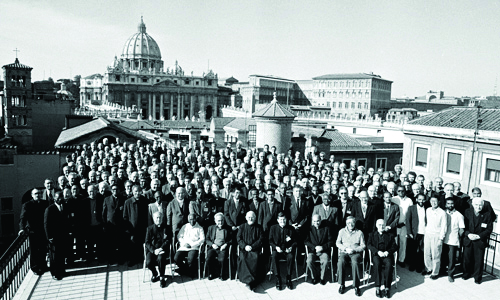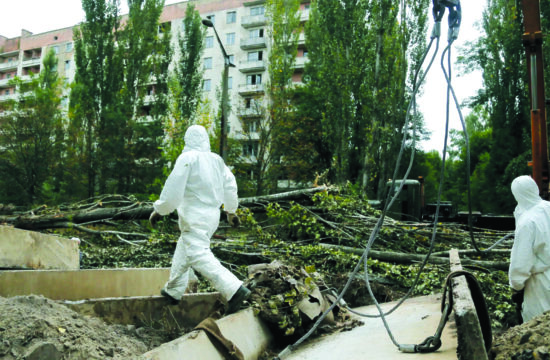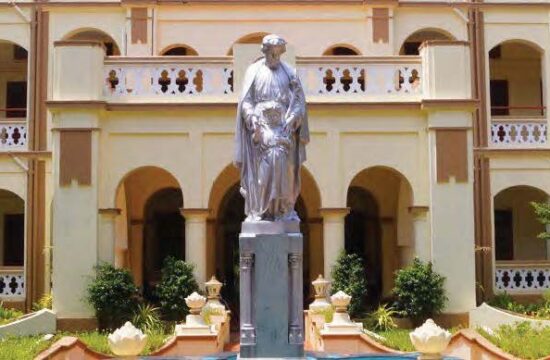The documents of Vatican II recognised “elements of truth and grace … among peoples” (Ad Gentes, 9), and affirmed that other religions and cultures have “a ray of that truth which enlightens all men” (Nostra Aetate, 2). With the recognition of the universal presence of the Holy Spirit among other religions and cultures, the Church called “all men and women for a universal fellowship” (Gaudium et Spes, 38-39). The Society of Jesus, in response to the deep transformation of all aspects of the Church’s life, as called for by Vatican II, characterized the Jesuit mission as “service of faith, of which the promotion of justice is an absolute requirement” (General Congregation 32, Decree 4, no. 2). Inspired by these endeavors in the Church and the Society, Pedro Arrupe initiated the transfer of St. Mary’s College from the hill station to the bustling capital city of Delhi. The transfer was to provide young Jesuits with theological training and personal formation to respond to the “signs of the times.”
Login to read moreThe interviewer is the Director of Vidyajyoti Centre for Christian-Muslim Relation at Vidyajyoti College of Theology, Delhi.


